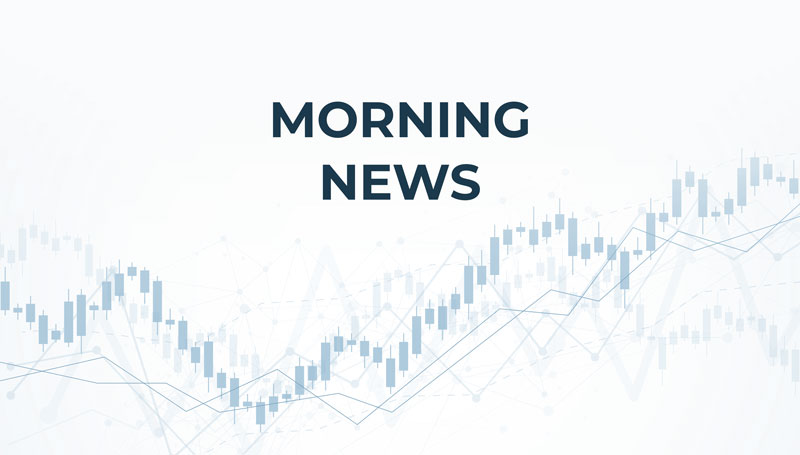
Gold 1881,36
|
EURUSD 1,1825
|
DJIA 29352
|
OIL.WTI 41,735
|
DAX 13167,22
|
|---|
The American S&P 500 Index opened on Monday with a gap-up at new historical highs. Then, during the trading session, it rose strongly, but by the close of the session, a correction had begun, which continued on Tuesday. What happened?
S&P 500

German company BioNTech and American pharmaceutical giant Pfizer reported on Monday the successful third phase of the Coronavirus vaccine clinical trial – it showed more than 90% effectiveness in preventing COVID-19 contamination. The application for the vaccine is scheduled to be submitted to the US in November. In this news, stock markets around the world have risen sharply.
But what exactly does it do in the short term?
Talking about the vaccine is certainly good, but the situation with COVID-19 around the world is rapidly deteriorating right now. The number of hospitalizations with coronavirus is increasing day by day. And this is, in fact, the most important indicator for authorities when they decide to introduce lockdown.
This means that we can expect more and more stringent measures aimed at physically distancing people. As a result, a new collapse is expected, primarily in the service and tourism sectors.
“Smart Money“ understands all this very well. And at the trading on Monday and Tuesday, they sold their shares to the public at an increased volume.
When will the vaccine have a positive effect on the economy?
It is expected that each person will need 2 vaccinations in 15 days. And to repeat this procedure 2 times a year. This means that only 1 person will need 4 doses of vaccine annually. The European Commission said that it is going to buy 300 million doses of vaccine. At the same time, the EU population is 450 million people. This means that we will actually need at least 5 times more doses.
The problem is that even 300 million doses of vaccine still need to be produced. And no one can guarantee that production will increase to this level in 2021. It will most likely take at least 2-3 years before enough production facilities are opened worldwide to achieve collective immunity based on the accepted vaccine.
What is the bottom line?
It can be expected that the economies of the world’s leading countries will not begin to grow until 2023 at the earliest. This means that central banks will continue to print money in huge quantities, spinning inflation.
What awaits us today?
02.00 Decision of the Reserve Bank of New Zealand at interest rate
14.00 Address by ECB Head Christina Lagarde
Important Notes on This Publication:
The content of this publication is for general information purposes only. In this context, it is neither an individual investment recommendation or advice nor an offer to purchase or sell securities or other financial products. The content in question and all the information contained therein do not in any way replace individual investor- or investment-oriented advice. No reliable forecast or indication for the future is possible with respect to any presentation or information on the present or past performance of the relevant underlying assets. All information and data presented in this publication are based on reliable sources. However, Bernstein Bank does not guarantee that the information and data contained in this publication is up-to-date, correct and complete. Securities traded on the financial markets are subject to price fluctuations. A contract for difference (CFD) is also a financial instrument with leverage effect. Against this backdrop, CFD trading involves a high risk up to the point of total loss and may not be suitable for all investors. Therefore, make sure that you have fully understood all the correlating risks. If necessary, ask for independent advice.
